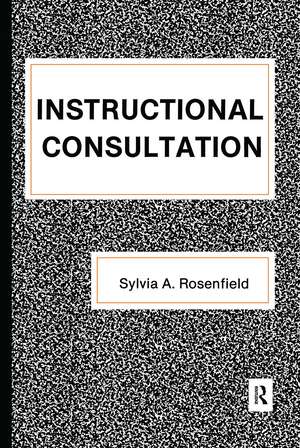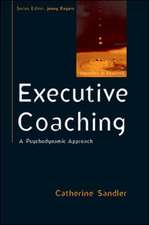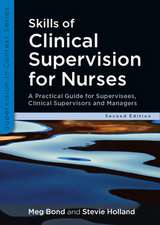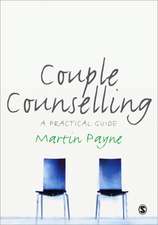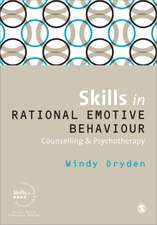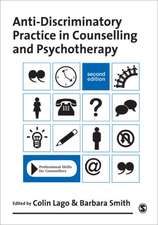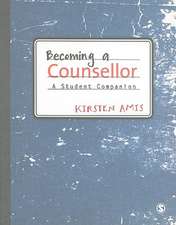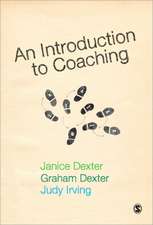Instructional Consultation: School Psychology Series
Autor Sylvia Rosenfielden Limba Engleză Paperback – 2 dec 2011
Preț: 405.78 lei
Preț vechi: 427.14 lei
-5% Nou
Puncte Express: 609
Preț estimativ în valută:
77.65€ • 80.97$ • 64.54£
77.65€ • 80.97$ • 64.54£
Carte tipărită la comandă
Livrare economică 20 martie-03 aprilie
Preluare comenzi: 021 569.72.76
Specificații
ISBN-13: 9780415515481
ISBN-10: 0415515483
Pagini: 304
Dimensiuni: 156 x 234 x 18 mm
Greutate: 0.56 kg
Ediția:1
Editura: Taylor & Francis
Colecția Routledge
Seria School Psychology Series
Locul publicării:Oxford, United Kingdom
ISBN-10: 0415515483
Pagini: 304
Dimensiuni: 156 x 234 x 18 mm
Greutate: 0.56 kg
Ediția:1
Editura: Taylor & Francis
Colecția Routledge
Seria School Psychology Series
Locul publicării:Oxford, United Kingdom
Public țintă
ProfessionalCuprins
Contents: Instructional Consultation: A Model for Service Delivery in the Schools. Establishing the Collaborative Relationship. The Problem Identification Interview. Classroom Observation. Assessment of Academic Learning. Planning and Conducting an Instructional Intervention: Management of the Learner. Planning and Conducting an Instructional Intervention: Management of Learning. Teacher Acceptance of Classroom Interventions. Concluding Consultation. Instructional Consultation: A Final Word.
Recenzii
"Sylvia Rosenfield's book, Instructional Consultation, is a significant, positive addition to the growing body of literature on consultation. The resources and references are numerous and helpful...... The reader will find a challenge in this book.....Dr. Rosenfield has done an excellent job....."
—The Consulting Edge
"...a book of exceptional organization and readability...insuring that mildly handicapped children will be successfully educated in the regular education classrooms that they should call their own."
—School Psychology Review
—The Consulting Edge
"...a book of exceptional organization and readability...insuring that mildly handicapped children will be successfully educated in the regular education classrooms that they should call their own."
—School Psychology Review
